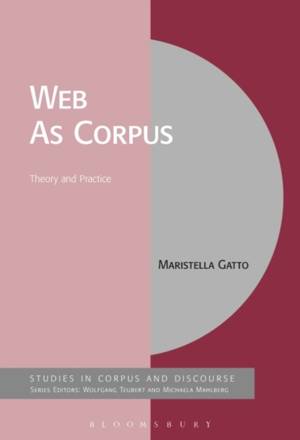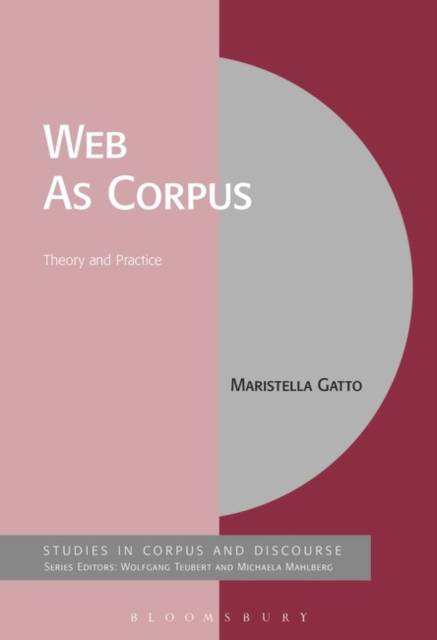
Bedankt voor het vertrouwen het afgelopen jaar! Om jou te bedanken bieden we GRATIS verzending (in België) aan op alles gedurende de hele maand januari.
- Afhalen na 1 uur in een winkel met voorraad
- In januari gratis thuislevering in België
- Ruim aanbod met 7 miljoen producten
Bedankt voor het vertrouwen het afgelopen jaar! Om jou te bedanken bieden we GRATIS verzending (in België) aan op alles gedurende de hele maand januari.
- Afhalen na 1 uur in een winkel met voorraad
- In januari gratis thuislevering in België
- Ruim aanbod met 7 miljoen producten
Zoeken
€ 88,45
+ 176 punten
Uitvoering
Omschrijving
Is the internet a suitable linguistic corpus? How can we use it in corpus techniques? What are the special properties that we need to be aware of? This book answers those questions.
The Web is an exponentially increasing source of language and corpus linguistics data. From gigantic static information resources to user-generated Web 2.0 content, the breadth and depth of information available is breathtaking - and bewildering. This book explores the theory and practice of the "web as corpus". It looks at the most common tools and methods used and features a plethora of examples based on the author's own teaching experience. This book also bridges the gap between studies in computational linguistics, which emphasize technical aspects, and studies in corpus linguistics, which focus on the implications for language theory and use.
The Web is an exponentially increasing source of language and corpus linguistics data. From gigantic static information resources to user-generated Web 2.0 content, the breadth and depth of information available is breathtaking - and bewildering. This book explores the theory and practice of the "web as corpus". It looks at the most common tools and methods used and features a plethora of examples based on the author's own teaching experience. This book also bridges the gap between studies in computational linguistics, which emphasize technical aspects, and studies in corpus linguistics, which focus on the implications for language theory and use.
Specificaties
Betrokkenen
- Auteur(s):
- Uitgeverij:
Inhoud
- Aantal bladzijden:
- 256
- Taal:
- Engels
- Reeks:
Eigenschappen
- Productcode (EAN):
- 9781441161123
- Verschijningsdatum:
- 10/04/2014
- Uitvoering:
- Paperback
- Formaat:
- Trade paperback (VS)
- Afmetingen:
- 152 mm x 231 mm
- Gewicht:
- 385 g

Alleen bij Standaard Boekhandel
+ 176 punten op je klantenkaart van Standaard Boekhandel
Beoordelingen
We publiceren alleen reviews die voldoen aan de voorwaarden voor reviews. Bekijk onze voorwaarden voor reviews.









